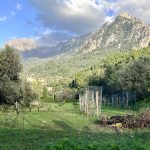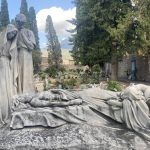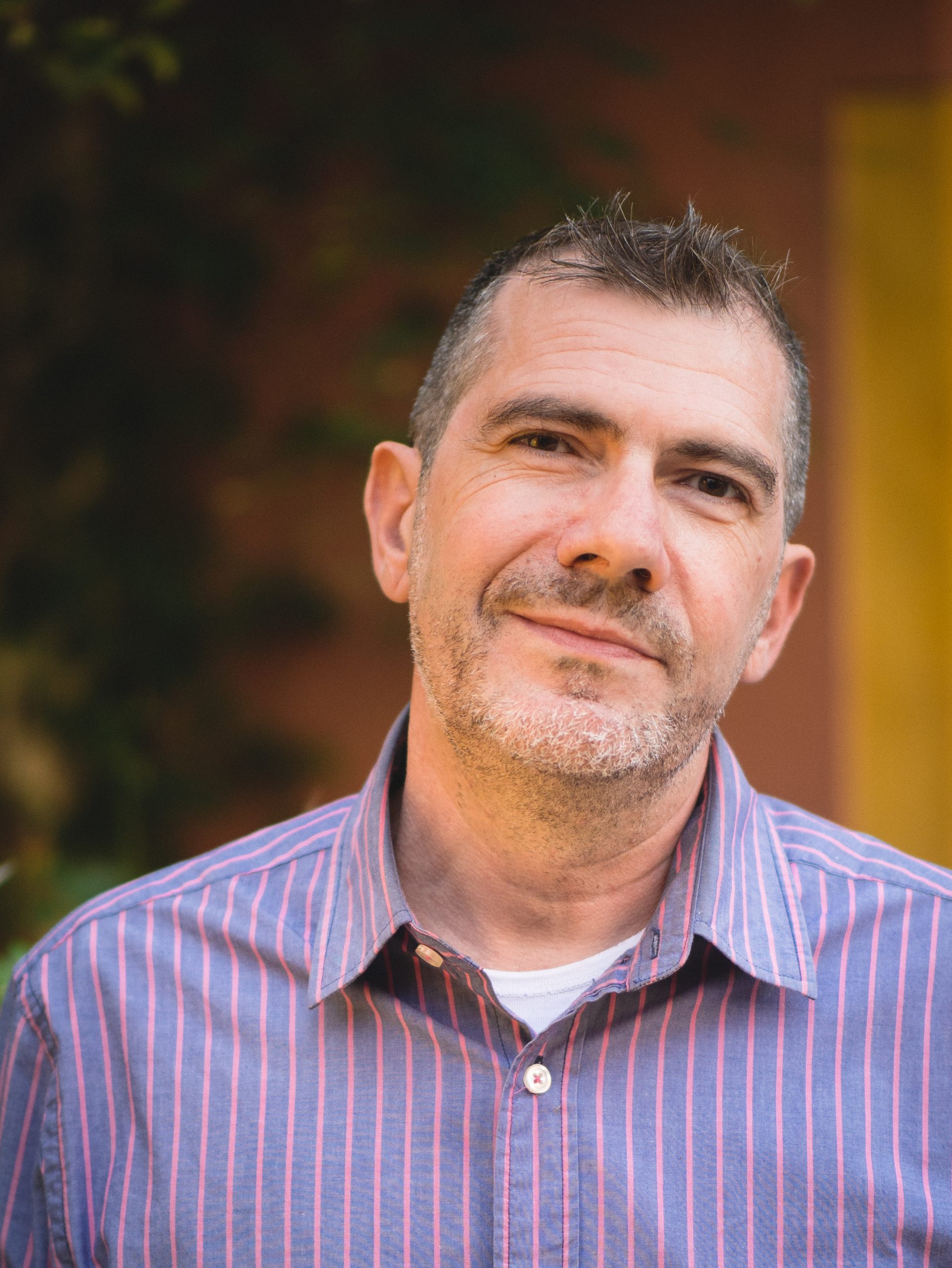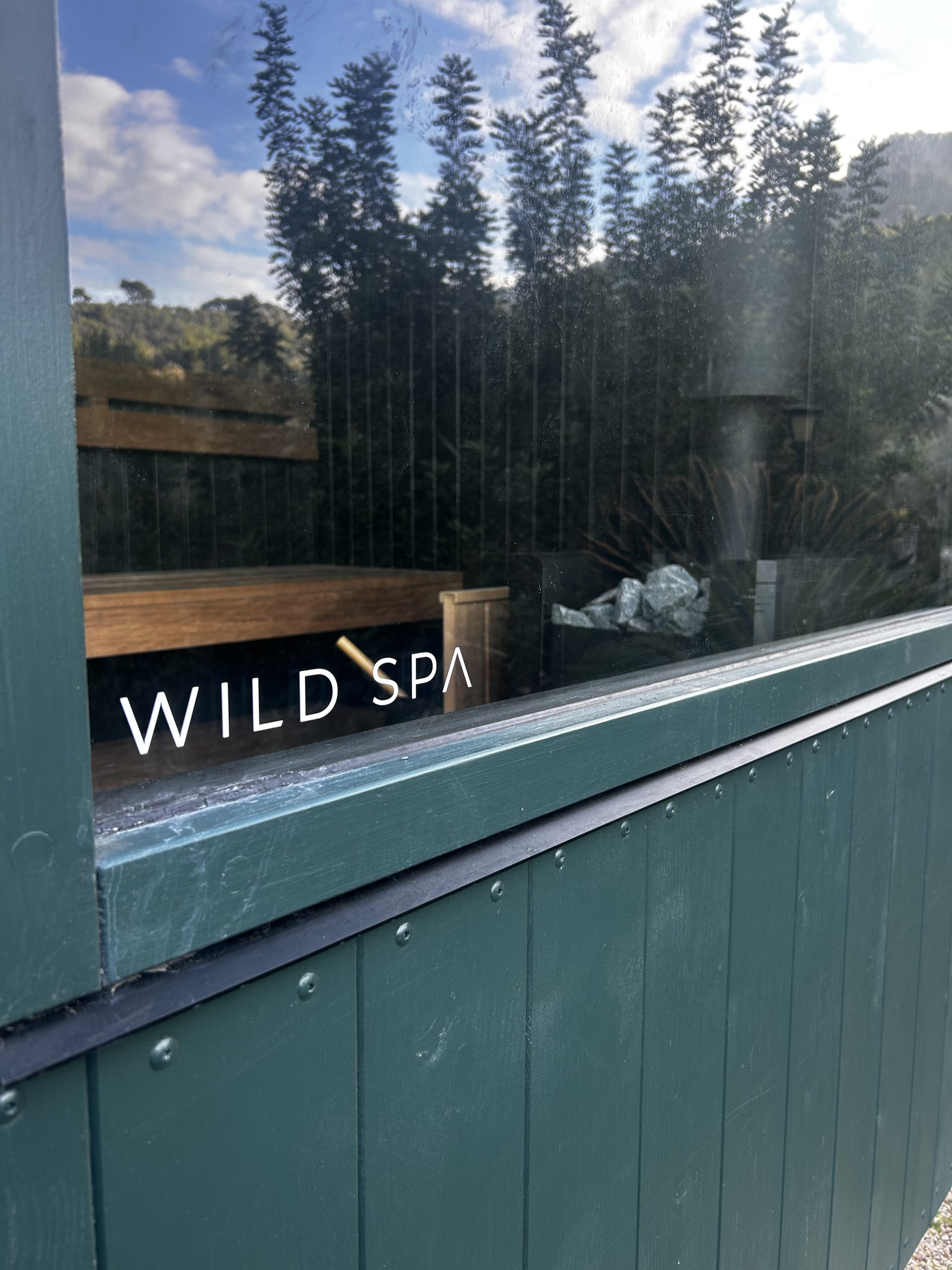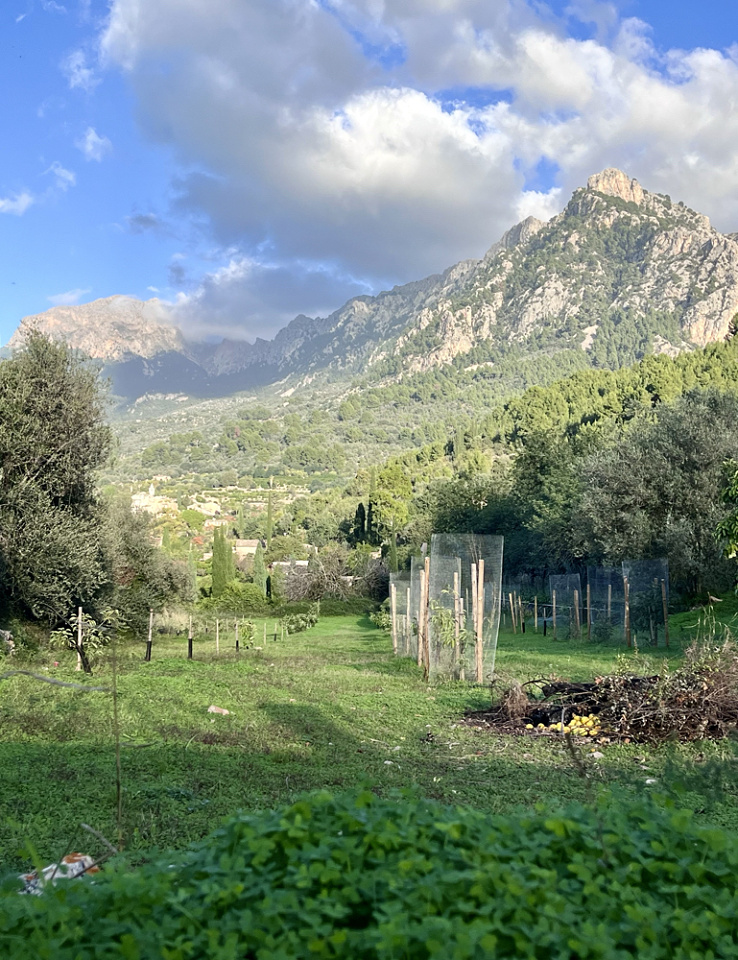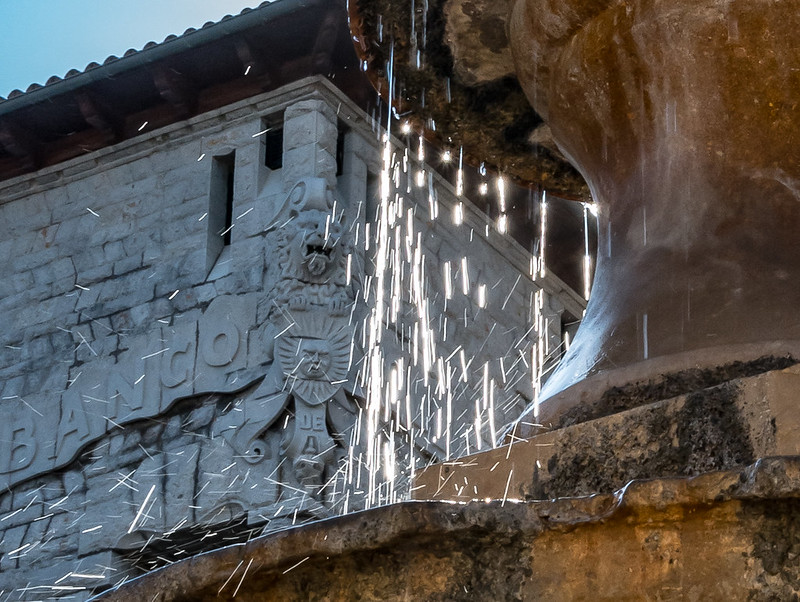One of the best explanations on the language issue I have ever read – Shirley Roberts www.sollerweb.com
Català or Mallorquí? As we celebrate European Day of Languages, it would be remiss to avoid the contentious issue of what to call the language spoken on the island of Mallorca.
To the godly preacher, setting out from Palma for the town of Sóller in the year of our Lord 1540, the prospect of a bit of Bible thumping and frightening the faithful would likely have seemed an undaunting one. But within days he’d swapped his pulpit for a mule and was on his way back out of town. The preacher spoke Castilian (often called Spanish), you see, a language the locals simply didn’t understand. “It’s not that we sent him away,” said a commentator. “He said that, from the very first day, nobody understood him and that he did not want to understand them.”
What were the locals speaking? Why Mallorquí, of course. Or wait, was it Català? What do we call the language spoken on the island? Is it, perhaps, Balear? A look at medieval documents complicates the picture even more. In dusty old wills, decrees and chronicles we find instances of “lingua cristianica”and “vulgar materno”. And, sometimes, then — and in more recent history — writers and speakers execute linguistic contortions to avoid saying anything at all.
Tongue twister
For example, those of you unfortunate enough to have sat through a Western or a period drama dubbed from its admittedly wooden original into Spanish may remember the pervasive phrase. “¿Hablas nuestro idioma?” Do you speak our language? It’s an awkward solution to an almost intractable problem. The cowboys are asking the natives if they speak English. Except now, in their dubbed world, they are asking in Spanish. But it makes no sense to ask the indigenous peoples if they speak Spanish — these are Wyoming gunslingers, after all, or pith-helmeted colonials expanding the British Empire. So “our language” it is. Likewise, a similar trick has been employed in Mallorca over the years, with the language spoken here sometimes referred to as “llengua nostra” and “nostra llengua”.
Anything, it seems, to avoid recognising that the language might be, in fact, Catalan.
Take the Estatut, the Constitution-type document that established the regional autonomy of the Baleares in 1983. The then president of the precursor of the Partido Popular, Alianza Popular (Gabriel Cañellas) was adamant during negotiations that “llengua catalana” not be enshrined as the name of the region’s language. The issue was eventually fudged, with the document declaring the language to be a more nuanced beast, namely “llengua catalana, pròpia de les Illes Balears”. It suggests that while Catalan is, effectively, the language spoken across the archipelago, it is not quite Catalan as we know it, but rather one that the Balearic Islanders have made their own.
Needless to say, the language as spoken in Mallorca, and for that matter in Ibiza and Menorca, displays quirks and idiosyncrasies unknown in Catalonia, much like English as it is spoken in the US or Ireland differs from English spoken in London. But, in the latter case, they are all English. The same is true for Catalan, as spoken across Catalonia, the Baleares and Valencia.
Cats and dogs
For example our feline and canine pets in Mallorca are “moix” and “ca”, respectively, while in Barcelona our furry friends are “gat” and “gos”. The islands also use what might be considered to be archaic grammatical forms, much as Spanish as spoken in the Americas does, or English, for that matter. Indeed many exported languages betray or boast relics of a colonial past. But, as linguist Francesc de Borja Moll Casanovas points out: “A few dozen words out of many thousands do not make for a different language.”
Gonellisme
In 1972, a letter written to the newspaper Diario de Mallorca, under a colourful pseudonym, electrified then divided public opinion. Pep Gonella was the purported author, a semi-literate peasant steeped, or perhaps stewed, in a wealth of local tradition, his name taken from Mallorcan folklore. The missive was a doughty defense of the unique, local variant of Catalan as spoken on the island against what the writer saw as a dangerous standardisation creeping out from Barcelona. It’s a position that came to be known as Gollenisme. Finally unmasked as the canny businessman, lawyer and politician Josep Zaforteza in 2017, the mysterious Gonella appealed for island variants to be protected from arrogant Catalan cultural elites and the straitjacket of their language and its rules. But at no point did this paladin of Mallorquí cast any doubt that the language, as spoken on the island, was anything other than a variant of Catalan. That linguistic sleight of hand was to come later.
The Archipelago of Babel
While Pep Gonella chose to take up his mighty pen against the Catalan cultural elites, assertions that Mallorquí is not Catalan at all is part of a more recent anti-Catalan narrative that is alive and flourishing across Spain and, to some extent and in certain quarters, in the Baleares. Thus, Partido Popular leader Pablo Casado garnered applause from the party faithful at the recent party Congress in Palma when he pronounced that nobody spoke Catalan in the Baleares, but, rather, “mallorquín, menorquín, ibicenco y formenterés”. His newly appointed leader in the Baleares was, embarrassingly for all concerned, obliged to remind him of the islands’ Estatut.
The arguments used by proponents of the wild, anti-historic allegation that the Balearic languages are totally distinct from Catalan are implausible and deranged. It is claimed, for instance, that Mallorquí developed independently and directly from Latin on the island, then survived the Islamization of the islands (and the adoption of Arabic) — with the islanders still happily jabbering away in this ancient language when King James the Conqueror of Aragon arrived with his Catalan-speaking crusaders on the island in 1229. By a coincidence, unique in linguistics and history, the invaders from the Kingdom of Aragon and the islanders, over seven centuries or so, had apparently independently developed languages that were almost identical. There was no awkward “Do you speak our language” because, happily everyone did. Those who advocate this theory (often dubbed pseudoGonellisme) then ignore the next bit — the invaders put all the islanders to the sword or sold them into slavery, almost totally replacing the population with settlers from the mainland, chiefly Catalonia.
Languages are dynamic, living things and, left to their own devices, have a knack of inventing, diverging, morphing, borrowing, and generally, thriving. That there are differences in how Catalan is spoken and used in different regions is not controversial. There are regional differences within Catalonia itself. Mallorca is no exception: there are intriguing local peculiarities of the language which should be cherished and admired. Languages, with their odd regional words and usages, are often whispy threads of memory stretching back through time, clues to our ancestors’ inaccessible minds, a harvest from our local, peasant past. But we must also look for the commonality of languages to see how history is a lavish tapestry of interwoven conversations down through the ages, and a tale of connections and of continuity.
To say we don’t speak Catalan here is to deny the cohesion and vitality of history. It is to break a chain that links people to the past. Yet to ignore the Balearic variants, to fail to recognise the singularities of how the language is spoken here, would also be to commit an unwarranted act of disremembrance.
Catalan it is, then, served up with Mallorcan flair. Or perhaps it’s a Sóller street cat, who howled through the hapless preacher’s sermon, a “moix” rather than a “gat” , a slightly unruly “ca” rather than a pampered Barcelona “gos” .


